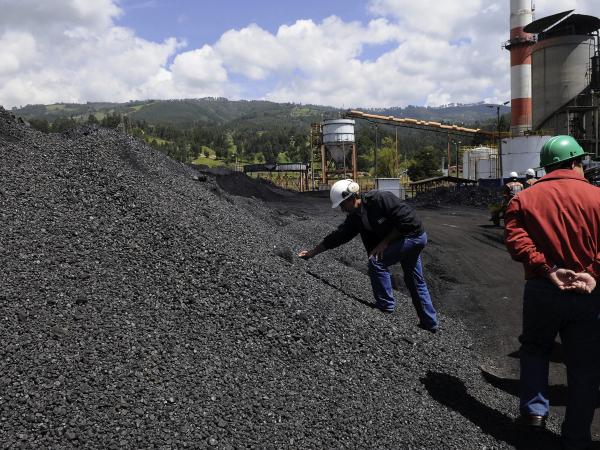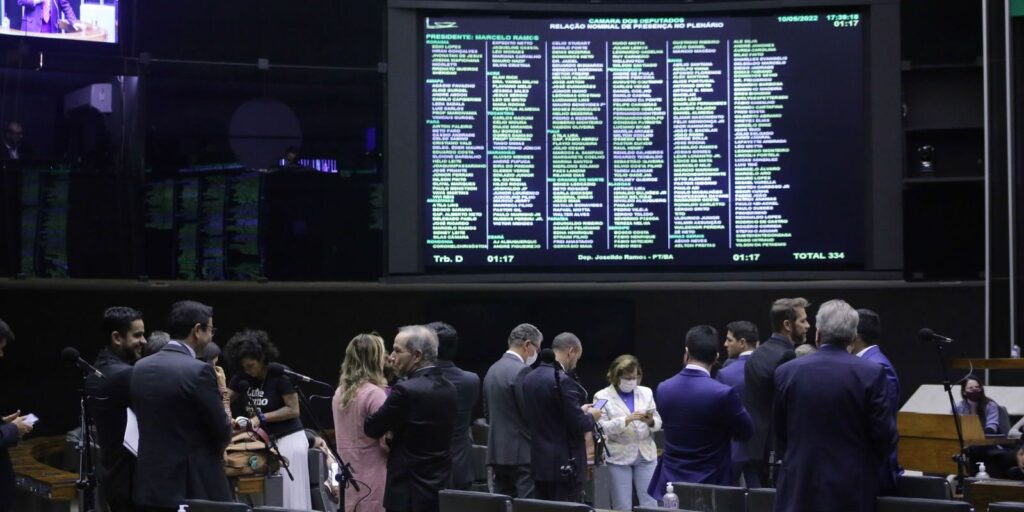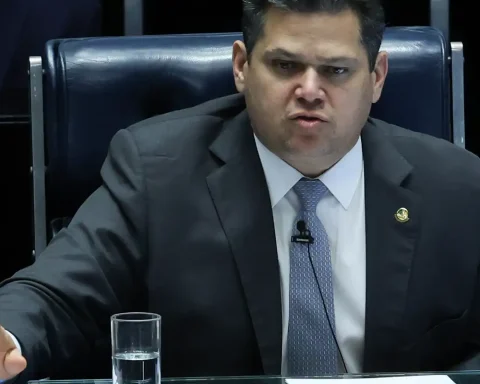Colombia is taking a competitive advantage from the backlash in energy demand left in Europe by the wake of the war between Russia and Ukraine, which is now nearly four months old.
(Colombian exports rebounded 54.4% in the first quarter).
According to the documents of the National Administrative Department of Statistics (Dane), foreign coal sales to the European Union grew by more than 200% in the first four months of this year, more specifically by 263.20%.
This considerable variation is achieved after obtaining US$512 million in collections in this period, compared to the US$140.9 million that entered the country for this concept in the same period of 2021.
It is also important to highlight that the higher collection is a consequence of the rebound in the prices of this mineral, after the European bloc ordered an embargo on Russian coal in retaliation for the invasion of Ukraine.
Likewise, according to the Dane document, total exports to the European Union totaled US$1,871.1 million, for which coal sales represent an important contribution to the bloc’s total.
(Russian coal veto opens doors to the Colombian in the European Union).
Within this periodthe first four months of 2022, the Dane document highlights the sales that were made to Germany and Turkey, the largest buyers in the old continent.
Detailing the behavior of these countries, the Dane bulletin explains that coal sales to Turkey totaled US$622.2 million in the first four months of the year, which represents a variation of 183.5% compared to the same period last year. when they totaled US$219.3 million.
In total, sales to this Eurasian country totaled US$754.5 million, an increase of 197% compared to the same period in 2021.
About the Netherlands, the document indicates that sales rose 331.5% more, when comparing the US$331.5 million entered in the first four months of the year versus the US$97.7 million registered in the first quarter of 2021.
The total figures for exports to the European country in this period add up to US$596.1 million, a variation of 111.3%.
The Ministry of Mines and Energy told Portfolio that they are “working” to “attend to the calls of internal and external consumers of coal” in the “most responsible” manner and without generating “unrealistic expectations” about the increase in production, and recognized that “It is difficult to increase the installed capacity for production in the short term.”
In parallel, aware of the opportunity of the current market, Minminas together with the National Mining Agency, among other agencies, have lobbied for coal in the country’s embassies in key territories, such as Belgium, Italy, United Kingdom, Germany, Ireland, among others.
(Colombia is studying an increase in coal exports to Germany).
Now, this rebound in coal sales to the European Union has not only been recorded since the beginning of the geopolitical conflict, but also comes from the energy crisis that the bloc witnessed the previous year.
“What we are seeing is that since 2021, when Europe experienced the energy crisis, and now the geopolitical crisis, coal sales increased by 18%, while in 2020 they were just 10%, the lowest value in the recent history”, Juan Camilo Nariño, president of the Colombian Mining Association (ACM), told Portfolio.
On the other hand, Nariño pointed out that the Colombian industry “It has privileged long-term trade relations (Asia or America) where the demand for the material is projected over the long term and does not respond to specific situations”.
Nariño added that the country has the potential to return to a production of 90 million tons and that this requires reactivating inactive mines, which could further increase sales to Europe.
ROBERTO CASAS LUGO

















